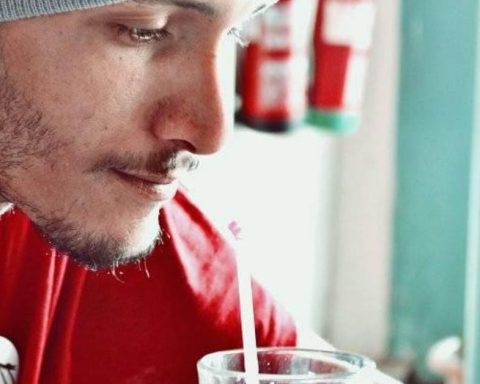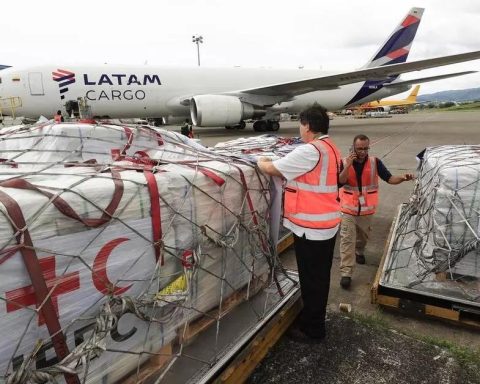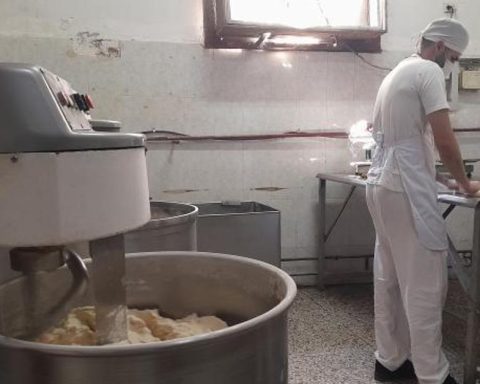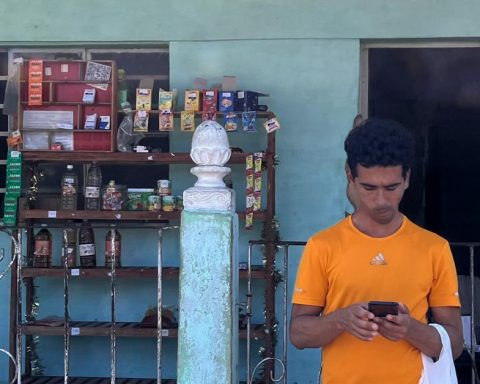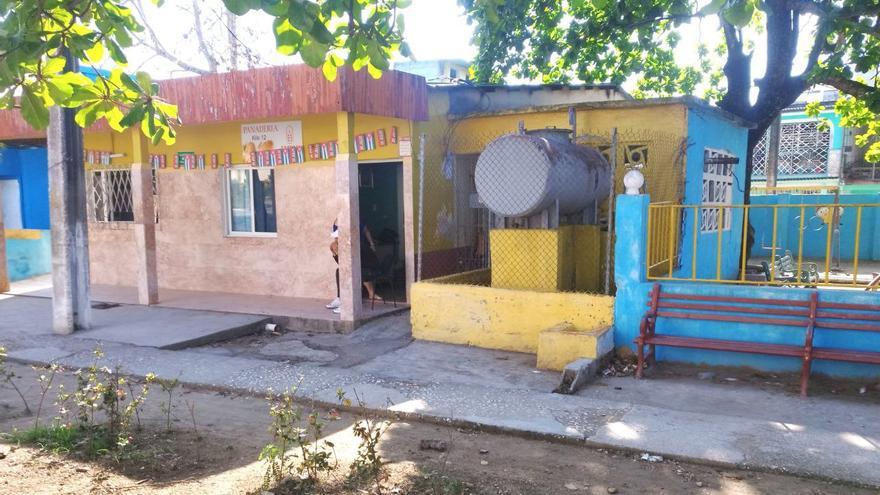
Colorful at the entrance but empty inside, the bakery on Céspedes street, in the city of Sancti Spíritus, became news a few days ago, when the local press announced that it was resuming the free sale of the productbut this time in collaboration with micro, small and medium enterprises (MSMEs).
After reading in the newspaper Escambray the good news, Liudmila, 39, approached the Kilo 12 neighborhood bakery, but in the portal painted in radiant colors, she only ran into an employee looking at his mobile phone. “There is nothing, don’t even go in because the bread ran out early,” said the local worker.
“We start at six in the morning but we don’t have raw material to maintain a continuous supply all day,” the clerk clarified. “Although we have started to sell, we can only guarantee that you buy what arrives before we run out of the amount of raw material that we have assigned for each day.”
The employee’s responses contrast with what was recently published in the newspaper from Sancti Spiritus which, although it spoke cautiously of the reopening, took the resumption of sales with optimistic tones because it would help to resume “the usual productive rhythm” of some bakeries that until very recently They were completely state-managed.
“We start at six in the morning but we don’t have raw material to maintain a continuous supply all day”
“It looks better and tastes better than rationed bread, but the sale is neither stable nor is the price sustainable,” warned the worker. “A little bit of flour arrives today and another little bit tomorrow because it depends on what can be bought, but this doesn’t take planning, we work with what appears.”
“I am a state employee, but what I sell is made with the ingredients that private individuals manage to get. So I put up my face, but they are the ones who decide how much they get and at what price.”
The premises and the employees of customer service depend on the State, but private individuals are in charge of the raw material and management, who have a certain margin to determine the prices autonomously. This is a hybrid that most customers fail to understand.
Some twenty little Cuban flags, strung on a string and ready to celebrate May Day, welcome the business on Céspedes street, where the pink paint on the doorway contrasts with the yellow in the area of the water tank and the blue of the fence By mid-morning there is no one queuing on the outskirts.
“The need is great and bread replaces rice, cassava, and sweet potatoes, which are very expensive. There are people here who, if one day they don’t have enough bread, don’t eat”
“The bread runs out at eight in the morning, very quickly. People took all the 60-peso (round) loaves,” says another employee. “The need is great and bread replaces rice, cassava, and sweet potatoes, which are very expensive. There are people here who, if one day they don’t have enough bread, they don’t eat.”
The regional newspaper assured that the reopening of four bakeries under the regime of agreement between the State and small companies was part of a strategy that “will later be extended to other territories, according to Leonardo Ramos Moreno, director of the Cuban Base Business Unit. of Bread in Sancti Spíritus”.
The agreement between both forms of production also makes prices more expensive. But Ramos showed it as something temporary: “until the national economy recovers and the usual productive rhythm can be resumed, they will be producing under these conditions that allow, at least, maintaining a stable supply to the population.”
The manager clarified that it is a pilot test “because it is a differentiated product that had never been offered in this way before.” Depending on the demand, they may extend it “to other units of the Cuban Bread Chain and, in addition, the availability of raw materials.”
The alliance seems motivated more by desperation than by making way for other forms of management. “This agreement with the MSME It is due to the country’s limitations with regard to raw materials, including wheat flour,” added Ramos, who acknowledged that the strategy “could continue to be used even if the usual deliveries stabilize, as this would allow increasing the production of bread which, as You know, it’s insufficient.”
The manager clarified that it is a pilot test “because it is a differentiated product that had never been offered in this way before”
Local media commentators did not remain silent and described the initiative as a “draconian research project.” Some expressed their disbelief that the State had to resort “to small private companies to solve a problem as serious as daily bread.”
Internet user Leodan10 summarized the discomfort in one sentence: “A government that has all the internal and logistical facilities but has to depend on small MSMEs, whose hands are still tied due to many bureaucratic obstacles, shows that the state sector cannot be the main player in our economy.
On the outskirts of a portal on Céspedes street, with his cell phone in hand and warning customers not to enter, a state employee exemplifies the distance that separates what is officially dictated, what is implemented privately and ends in customer bag.
________________________
Collaborate with our work:
The team of 14ymedio He is committed to doing serious journalism that reflects the reality of deep Cuba. Thank you for accompanying us on this long road. We invite you to continue supporting us, but this time becoming a member of our newspaper. Together we can continue transforming journalism in Cuba.

